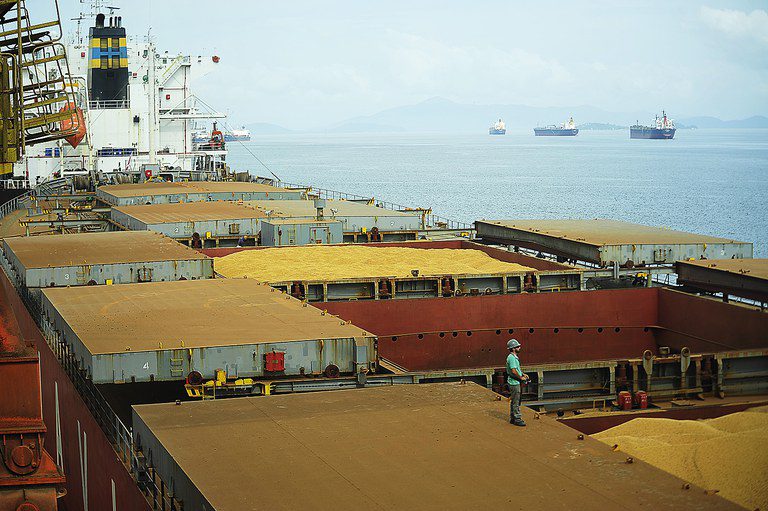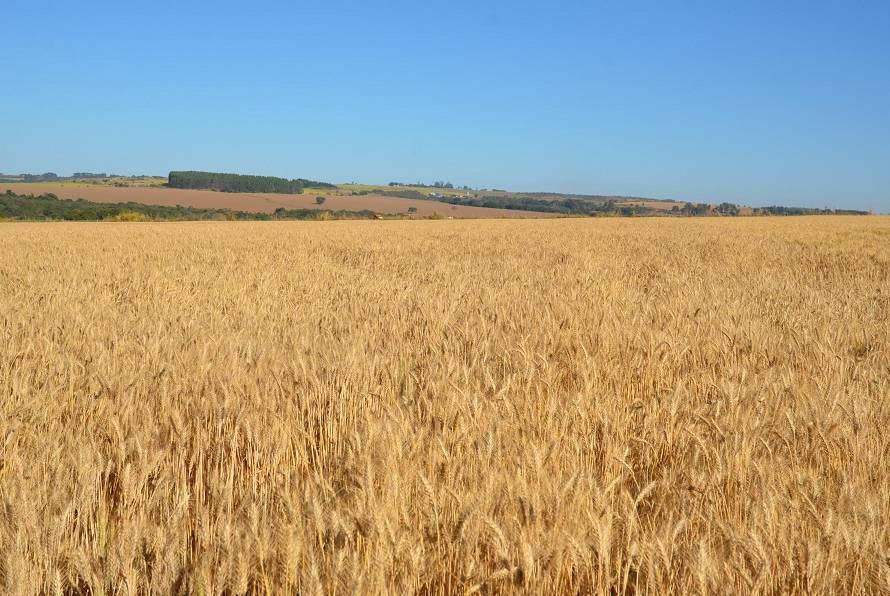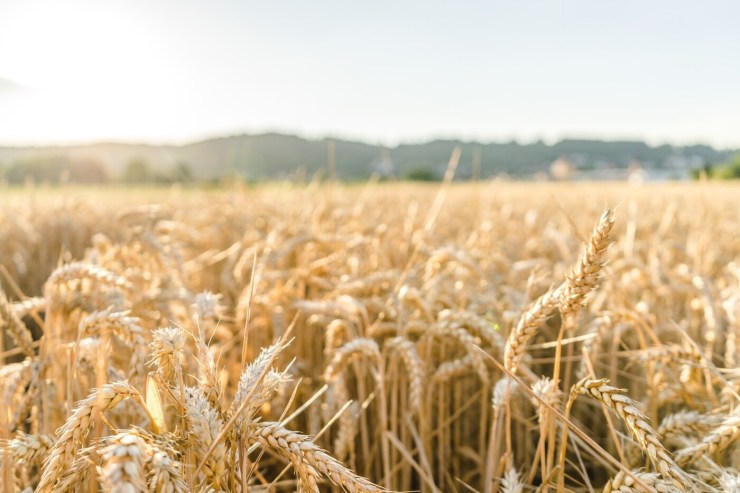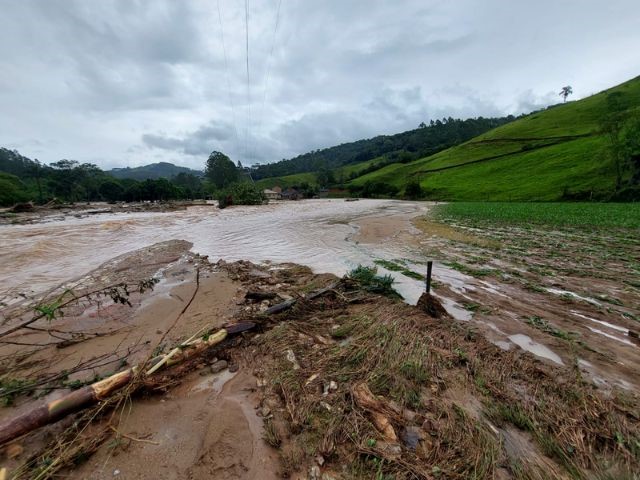COP30 could be an opportunity for a constructive vision of agriculture in the climate agenda, as a solution to mitigate this global challenge. In this sense, the sector must continue with its mission of meeting the growing global demand for food, producing more efficiently and sustainably, reducing its carbon footprint.
“How many sectors can appropriate this narrative?” asked Ambassador Roberto Azevêdo, consultant for the Brazilian Agribusiness Association (Abag) and former director general of the World Trade Organization (WTO), during the Forum “Towards COP30: Agribusiness and Climate Change”, held last Wednesday (23) by Abag. He added that this narrative will only be sustainable if there are two factors: facts and a harmonious message between the government and the private sector.

President of ABAG, Luiz Carlos Corrêa Carvalho: “
The panel featured assessments by Aloisio Lopes, National Secretary for Climate Change at the Ministry of Environment and Climate Change, Alessandro Cruvinel, Director of Support for Agricultural Innovation at the Ministry of Agriculture and Livestock (Mapa), Felipe Albuquerque, Head of Sustainability Latam at Bayer, Liège Vergili Correia, Director of Sustainability at JBS Brazil, and Regina Teixeira, Senior Director of Government Relations and Corporate Affairs at Pepsico, on other important points for the sector, such as innovation, technology and sustainable practices, connectivity, deforestation and biomethane emissions.
According to experts, it is essential to have a participatory agricultural sector that presents what has been done in recent years and its potential for exporting production technology to other countries. In addition, there needs to be convergence between sectors, government and all players to have an intersectoral coalition, building scalable recommendations based on innovation and technology for the technical and ecological transformation of agriculture to the consumer, thus supporting sustainable development. “For COP30, it is necessary to have a positive message about agriculture in the climate agenda, that is, how the sector is contributing to the sustainability agenda, presenting innovations to make a difference. If we do not have this narrative, we will miss the opportunity. It is true that Brazilian agribusiness is a solution for the climate agenda, but this will not be assimilated if it is not well told”, he emphasized.
Opening ceremony
During the opening ceremony, the president of Abag, Luiz Carlos Corrêa Carvalho, stated that agribusiness is constantly exposed to the consequences of climate change and, therefore, it is important to seek the sector’s position on the issue. “Our mission is to align the entities that make up the Brazilian agribusiness sector, which is a global player in agro-industrial chains, emphasizing that Brazil can stand out for its biocapacity, since we are living in the century of the bioeconomy. Our sector is part of the solution to mitigate climate change and this position needs to be defended,” he emphasized.
André Correa do Lago, president of COP30 and Secretary of Climate, Energy and Environment of Itamaraty, participated remotely, stating that agriculture will be a topic that Brazil wants to emphasize during COP30, with regard to global negotiations, the sector has been treated as a victim of climate change, while in the action agenda, because there will be more flexibility, agriculture can appear as one of the main elements that can contribute significantly to combating climate change.
The ceremony also featured speeches by former Minister Roberto Rodrigues, Professor Emeritus at Fundação Getulio Vargas, Aloisio Lopes, National Secretary for Climate Change at the Ministry of Environment and Climate Change, Guilherme Piai, Secretary of Agriculture for the State of São Paulo, Silvia Massruhá, president of Embrapa, Muni Lourenço Silva Junior, president of the National Environmental Commission of the CNA and president of FAEA, federal deputy Arnaldo Jardim and Dan Ioschpe, Climate High Leve Champion of COP30.
Abag supports new FGV study
The Getulio Vargas Foundation (FGV) will launch a new study with the support of Abag, the Brazilian Rural Society (SRB) and the Equilíbrio Institute, using data that is relevant to reality, feasible scenarios and robust analysis tools, to answer the question: “What is the potential for productive sustainability in agriculture?” The first step, according to Talita Priscila Pinto, coordinator of the FGV Bioeconomy Observatory, was the development of an economic model with the most important information related to the sector.





